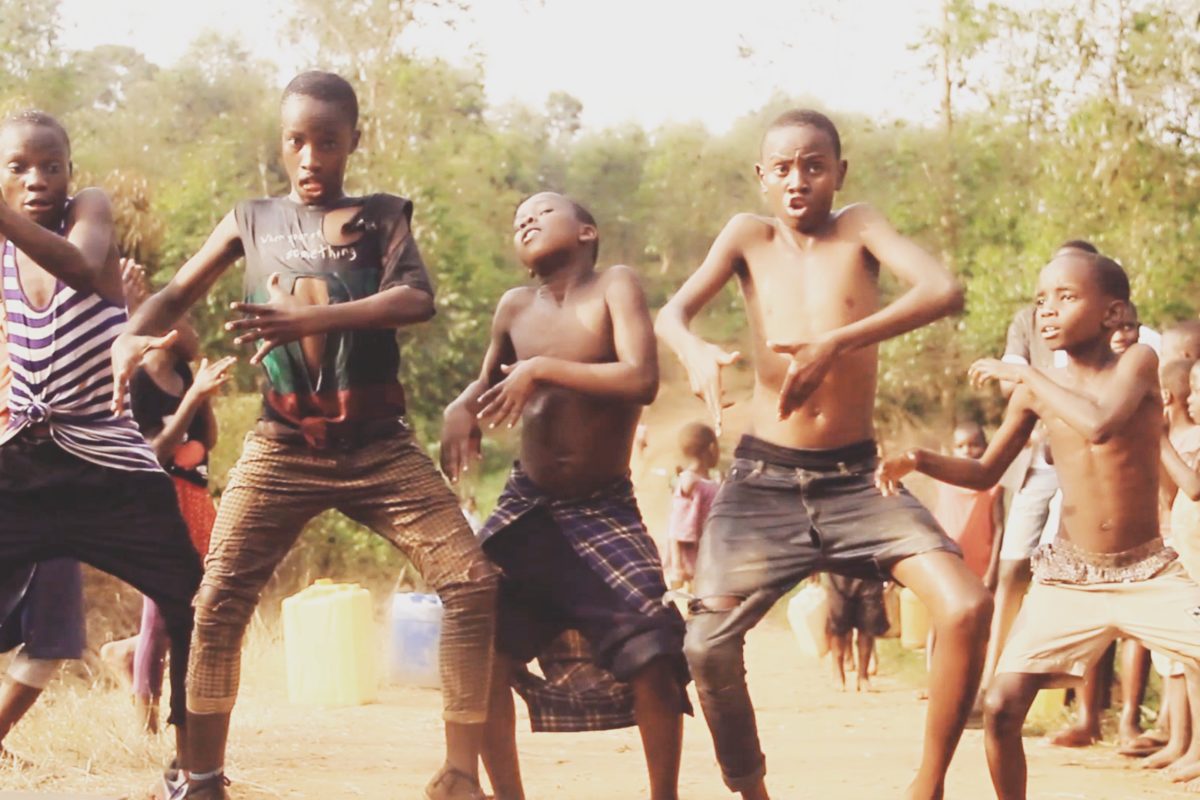
In today’s day and age, raising kids is tougher than ever. During your childhood, there’s a good chance you spent the majority of your time playing outside without a care in the world. Unfortunately, this glowing concept of childhood is no longer the norm. Kids are spending more and more time playing, only not outside. Instead, they are playing around with electronics and gadgets.

But can we blame them? They are merely following the habits and practices set by their parents. Not only are children not getting enough fresh air and exercise, they are closing their minds off to the rest of the world. Teaching children to be culturally aware is challenging enough, but it’s even more difficult when your child’s eyes are glued to a screen. If this is something you’d like to work on as a parent, follow these tips for teaching your kids how to open their eyes to the world.
Travel as a Family
The best way to teach your children about different cultures is to actually go out into the world and experience them. On your next family vacay, do something different and head to Thailand instead of your normal vacation spot in Florida. Take your kids on a train from Bangkok to Phuket to give them a real taste of Asian culture. Meander through night markets, explore ancient temples, and swim with the marine life of the Thai islands.
Travel is the ultimate way to teach your children (and yourself) about the cultures of the world. Recent studies show that families who travel are 3 times more culturally aware than families who choose to stay in their suburban bubbles. So get out and explore the world. Of course, this will be difficult to do with young children, but it’s certainly possible if you prepare properly ahead of time.
Try to Teach Your Kids a Foreign Language
Trying to incorporate a foreign language into your child’s life is a great way to bring about cultural awareness. This will be fairly easy if you yourself are fluent in a foreign language, but if not, do your best to learn alongside your kids. More and more academic programs around the world are incorporating foreng languages into the curriculum, so you won’t be alone in teaching your kids a new language.
Eat Ethnic Foods as a Family
Food is a significant aspect of many cultures around the world. In fact, some cultures thrive on food. Think about how the Italians are with their Sunday dinners. Everyone comes together to enjoy each other’s company – while also enjoying an enormous amount of food. Once a week, do your best to try a cuisine from a country different from your own. And we’re not talking about taking the kids to Chipotle once a week. Try to be more authentic than that.
Celebrate the Differences of Others
Kids are extremely receptive to what is going on around them. You might not even realize it, but your children are picking up on your moods, habits, and even judgements. If you are feeling judgement towards the differences held by other people, there’s a good chance your children will, too. Instead of being judgemental of those who are unlike you, celebrate those differences.
PBS says that reading is a great way to not only learn about differences, but celebrate them. “Children’s books are wonderful resources for helping your child develop a sense of his or her own identity, as well as an understanding of those who are different in terms of race, family composition, religious beliefs and ability,” says PBS. Here is a list of books that can help with this:
- It’s Okay to be Different (diversity)
- The Skin You Live In (acceptance)
- Same, Same But Different (culture and geography)
- Whoever You Are (diversity)
- Where Does God Live (religion)
- Over the Moon (adoption)
- Don’t Call Me Special (disabilities)
- My Brother Sammy (autism)
- The Family Book (different family configurations)
Be a Role Model
Just as we mentioned before, your kids are picking up on every little thing that you do. The good, the bad, and the downright ugly. Acting as a good role model is an amazing way to teach your kids how to be culturally aware. That means you might need to change some of your attitudes and behaviors before you can even focus on your children.
The main thing to remember is that a little bit of love goes a long way. Instead of being critical, be caring. Instead of passing judgement, show appreciation for difference. Instead of spreading hate, spread love. If you show love, compassion, and care towards other people, your children will likely do the same.

